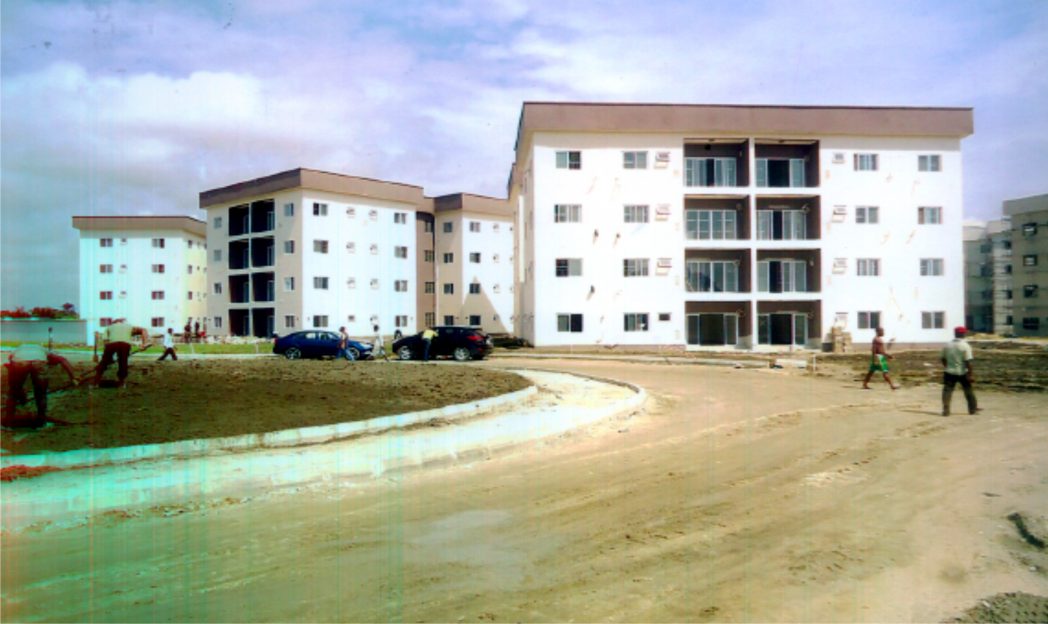Editorial
Making Electoral Debates Mandatory
As a prelude to the forthcoming
general elections in Nigeria, new
dates will soon be announced for Presidential elections debates. The platform will provide aspirants ample opportunity to explain their mission and vision to the citizens.
Such debates may not be completely new in our polity, as debates had been done in the past, but the impression that political debates should be optional is what must be corrected in the interest of the electioneering process.
The Tide is, therefore, not too surprised when the Nigerian Elections Debate Group (NEDB) disclosed that party flagbearers at both Presidential and Governorship levels had turned down invitations to participate at electoral debates in the last few elections.
While many people may not know how that process helps in growing a democratic culture, we think that in a nascent democracy such as ours, people who seek the office of President and Governor, should, as a matter of national interest take debates.
Indeed, it should be mandatory that they answer direct questions bothering the people. Moreso, the electorates would use such platform to appraise the candidates and see how aspirants can react to thorny national issues, on the economy, security, foreign policy, among others.
In any democracy, electioneering is hardly complete without crossfire debates by aspirants and townhall meetings, where critical matters are raised to lubricate the wheels of democracy. Debates are known to have brought out the statesmen in politicians and evoked learning, entertainment and national discourse.
Beyond the razzmatazz of stereo-type campaigns, the electorates obviously need such debates to truly know and assess their would-be leaders and also have specific issues addressed by them.
In civilised democracies, debates are fundamental, but in younger democracies like ours, debates are more desirable. Besides addressing critical issues, debates help educate the masses that elections are not all about violence, religion, ethnic and cultural differences, but for the overall wellbeing and peaceful co-existence of the people.
The Tide strongly believes that only debates will show the true nature, disposition and dependability or otherwise of an aspirant. Therefore, those who refuse to debate or dialogue may be having something to hide.
As a matter of fact, debates should be made mandatory for all public office seekers, especially at the top-most levels of public servce. This is because anyone who cannot stand alone to sell his programmes to the people, cannot be deemed to be fit to lead.
We also think that the debates will usher in an atmosphere of comradeship and bring aspirants together to enable their supporters know that they are not enemies in a do-to-die battle. It will surely develop our political culture of tolerance and understanding of each other and eventually enrich the programme of whoever wins at last.
It is expected that the National Assembly will make a law or amend the Electoral Act to make pre-election debate by Presidential and Governorship candidates in the country mandatory. In fact, the need for the electorate to know the candidates of their choice cannot be over-emphasised as voters need to have enough background information to base their decision on before voting.
Meanwhile, ahead of the next month’s general elections, The Tide expects that all the flag-bearers of the parties for Presidential and Gubernatorial positions will make themselves available for the debates. This will ultimately move political and electoral matters to the next level in Nigeria.
Editorial
Beginning A New Dawn At RSNC

Editorial
Sustaining OBALGA’s Ban On Street Trading

Editorial
AFCON ’25: Bravo, Super Eagles, But…

-

 Politics5 days ago
Politics5 days agoAPC Releases Adjusted Timetable For Nationwide Congresses, Convention
-

 Sports1 day ago
Sports1 day ago2026 WC: Nigeria, DR Congo Awaits FIFA Verdict Today
-
Sports4 days ago
DG NIS Wants NSC Board Constituted, Seeks Increased In Funding
-

 Business4 days ago
Business4 days agoCustoms Seek Support To Curb Smuggling In Ogun
-

 Featured4 days ago
Featured4 days agoINEC Proposes N873.78bn For 2027 Elections, N171bn For 2026 Operations
-

 Sports4 days ago
Sports4 days agoSWAN Rivers Set-up Five Functional Committees
-
Sports4 days ago
NSC Disburses N200m Training Grants To 26 Athletes
-
Sports4 days ago
‘NTF Will Build On Davis Cup Success For Brighter Future’


